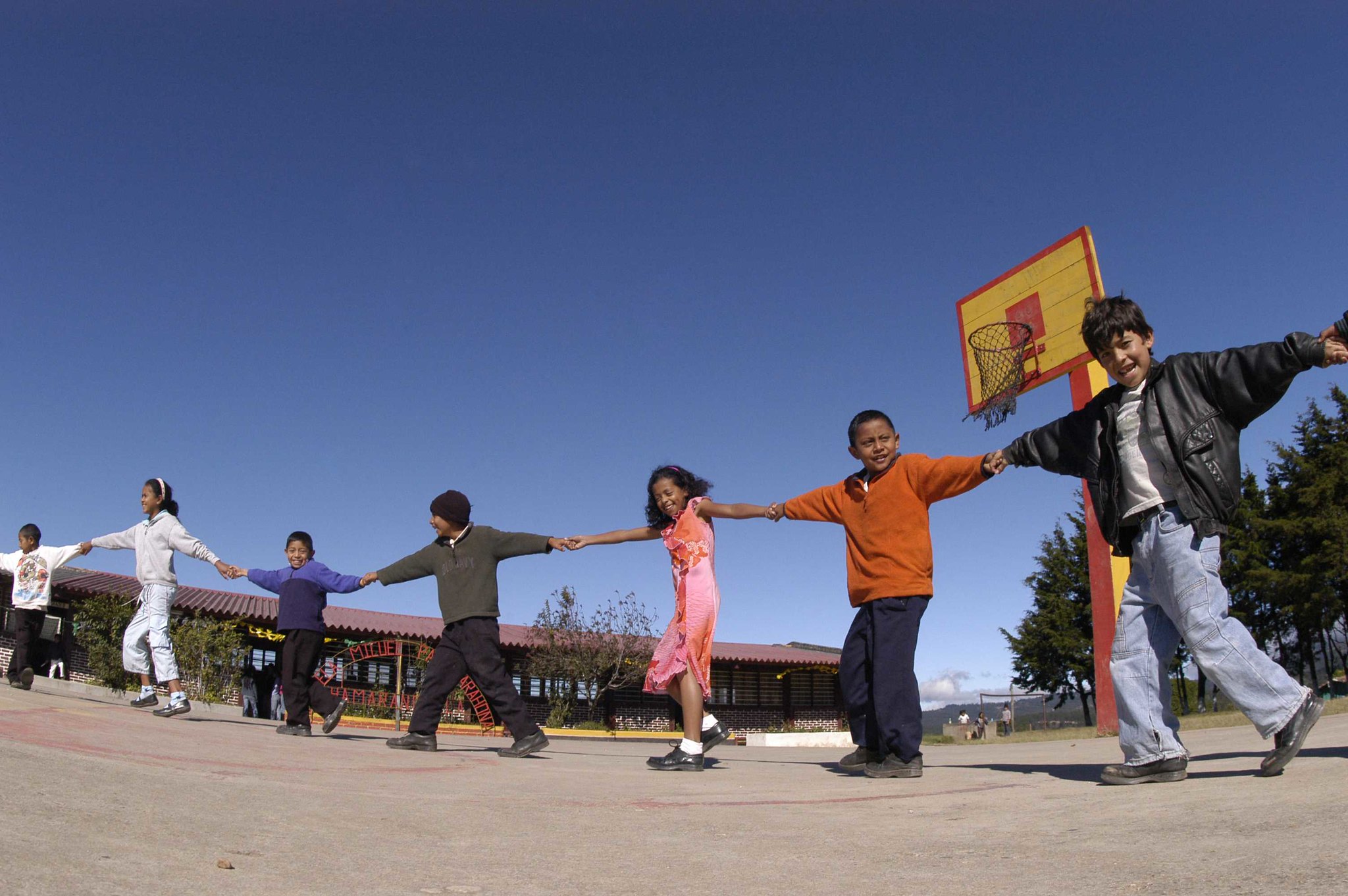
In the context of its extension until 2027, the Global Partnership for Education (GPE) Knowledge and Innovation Exchange (KIX), a joint endeavour with Canada’s International Development Research Centre (IDRC), is offering costed extensions to a selection of current applied research projects. Following a competitive process, the Digital Adaptations for Effective and Inclusive Distance Learning in Rural Communities in Honduras and Nicaragua is one of those selected.
Background
In Latin America and the Caribbean, the high levels of inequality that plague the educational system were significantly worsened by COVID-19. In already vulnerable communities, educational systems were unable to guarantee continuity of learning, given limited access to technologies and limited resources. While digital innovations for distance and blended learning have emerged around Latin America and the Caribbean, these need contextualisation and capacity strengthening to ensure their sustainable uptake.
With a focus on strengthening equity and inclusion within Honduras and Nicaragua’s educational systems, this project is studying various distance and blended learning models and building national capacity for the use of digital adaptations. In strong collaboration with each country’s Ministry of Education (MoE), the program has defined and tested various technologies and pedagogical frameworks in culturally diverse communities in each country. It ultimately seeks to generate evidence how promising solutions may be sustainably scaled throughout each country and the wider region.
Results to date
This project has successfully co-designed prototypes and adaptation strategies for digital innovations. Notably, the project has collaborated with television networks to develop a block of television programming dedicated to exploring selected educational themes. This programming has been adapted into materials suitable for print formatting as well as for radio, depending on contextual needs. Various tools were created throughout the program, including video tutorials for digital skill-building and teacher development. Given the widespread use of cell phones in the region, many of these tools were also adapted for circulation through cell phones. Local stakeholders participated in various workshops on existing digital innovations designed for feedback from each community. In Honduras, the partners created participatory content with a community in the Municipality of Yamaranguila alongside school coordinators, directors, teachers and families. Based on research and local feedback, the project has already begun its implementation of select prototypes, with a strategy for data collection in place to track its progress and look for scaling opportunities.
Upcoming Plans
The project has been well received and supported by the MoE of Honduras, which has requested support in developing and scaling a national teacher training program with a particular focus on digital capacities for the creation and dissemination of learning materials. This extension will allow for educational stakeholders in the country to be supported in prioritizing effective and inclusive remote learning. Building on the research findings and experiences of the first years of the project, the team will co-design this program through a participatory action research framework that will target an initial group of teachers. To fulfill the MoE’s request, the project will also work on a strategic scaling plan that ensures continuous learning and capacity building among teachers and their educators.
Further details on the project and updates can be found here.
